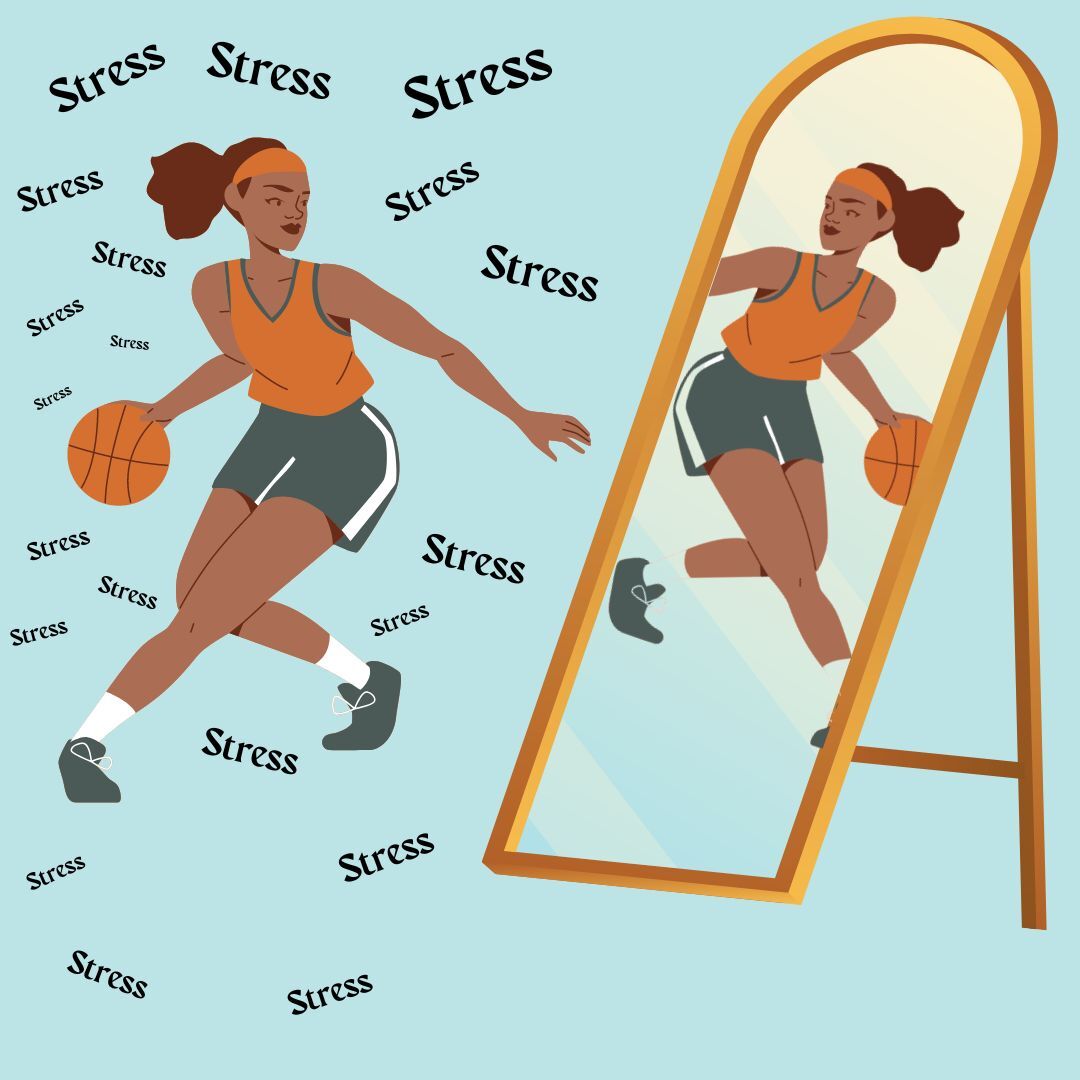In sports, there are a lot of ups and downs, and athletes put a lot of effort into their sports, which really can affect mental health for the worse and better.
Sports have negative effects on mental health.
From experience, a lot of athletes put in a lot of work and time, and they make a lot of sacrifices for their sport and can have it not work out. After all the work, which kind of drains you, the more effort you put into a sport the more it will affect you. Mcleanhospital.org says, “The intense pressure to perform consistently and endure grueling training regimens can contribute to high anxiety levels. Perfectionism can have negative consequences, and sports teams often want flawless game play. However, when someone overthinks their performance, such stress can undermine their ability.” Also when a teammate doesn’t perform well, their teammates will treat them badly and some coaches will do the same because they think it will drive you to work harder. It’s pretty common in athletics and while it can make some people work harder some will start to give up. Injuries can also play a huge part and really hurt a player’s spirit in a lot of ways; they can think they are letting the team down and will try to play through it even though they should not and the ones that can’t play through feel weak or like they are hurting the team.
On the other hand, sports and activity releases endorphins, which are natural mood lifters that can help reduce stress and depression. Also success in sports can boost self-esteem and confidence. Sports can also help you gain friendships. The hard times in sports can help you to deal with the hard times in life and improve your abilities. But when sports aren’t going in your favor, there becomes a lot of pressure on you to perform. Not just by your coaches but also by teammates, which can strain relationships.
What needs to change about this is when athletes are not performing how they should, their coaches and teammates should always have their back and help them learn from what they are doing wrong. This can help them get better and keep their confidence in check also they should make sure their leaders.
“Call it a stigma or call it fear or insecurity — you can call it a number of things — but what I was worried about wasn’t just my own inner struggles but how difficult it was to talk about them. I didn’t want people to perceive me as somehow less reliable as a teammate, and it all went back to the playbook I’d learned growing up.” – Kevin Love




























